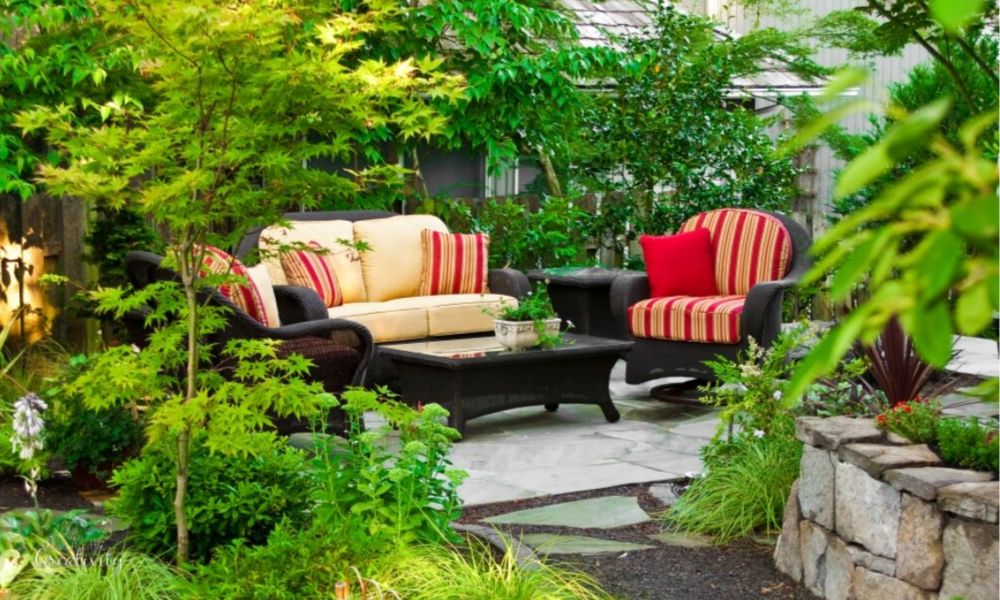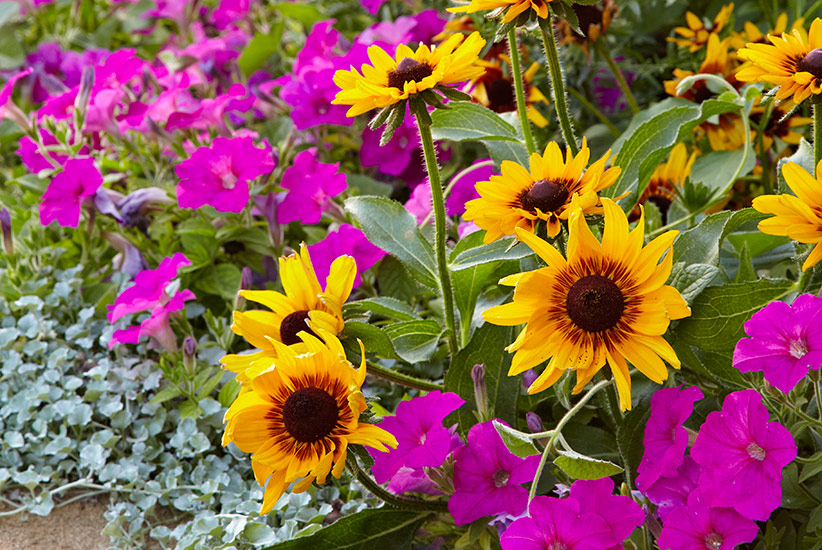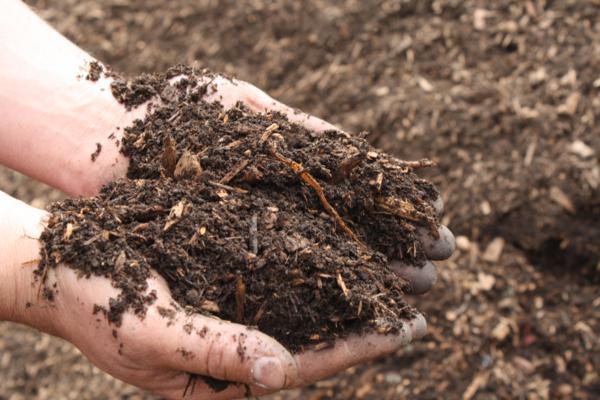
As our planet faces an increasing number of environmental challenges, it’s important for all of us to do our part and make sustainable choices. One way to make a positive impact is by creating an environmentally friendly garden and outdoor space. Not only will this benefit the planet, but it will also provide a beautiful and healthy space for you and your family to enjoy. Here are some tips to get you started:
Choose Native Plants

One of the best ways to create an environmentally friendly garden is to choose plants that are native to your area. These plants are well adapted to the local climate and soil conditions, which means they require less water and fertilizer. They are also more resistant to pests and diseases, which reduces the need for pesticides. Native plants also provide food and habitat for local wildlife such as birds and insects.
- Research the native plants in your area.
- Choose plants that are drought-tolerant and require minimal maintenance.
- Consider planting wildflowers to provide food and habitat for pollinators.
Reduce Water Usage
Conserving water is important for the environment and can also save you money on your water bills. Here are some ways to reduce water usage in your garden:
- Install a rain barrel to collect rainwater for watering your plants.
- Choose plants that are drought-tolerant and require minimal watering.
- Water your plants early in the morning or late in the evening to reduce evaporation.
- Use a soaker hose or drip irrigation system to deliver water directly to the roots of your plants.
Compost and Mulch

Composting and mulching are great ways to improve the health of your soil and reduce waste. Composting involves collecting organic materials such as food scraps, leaves, and grass clippings and allowing them to decompose into a nutrient-rich soil amendment. Mulching involves covering the soil around your plants with a layer of organic material such as wood chips or straw. This helps retain moisture, suppress weeds, and improve soil health.
- Start a compost bin or pile in your backyard.
- Use compost to fertilize your plants instead of synthetic fertilizers.
- Mulch around your plants to conserve water and suppress weeds.
Avoid Chemicals
Pesticides, herbicides, and synthetic fertilizers can have negative impacts on the environment and your health. They can harm beneficial insects, pollute water sources, and contribute to soil degradation. Here are some ways to avoid using chemicals in your garden:
- Choose pest-resistant plants and companion planting techniques to reduce the need for pesticides.
- Use organic pest control methods such as neem oil or insecticidal soap.
- Use natural fertilizers such as compost or fish emulsion.
Attract Wildlife
Creating an environmentally friendly garden is not only about reducing your impact on the environment, but also about providing a habitat for local wildlife. Here are some ways to attract wildlife to your garden:
- Plant native flowers and shrubs that provide food and habitat for birds and insects.
- Install birdhouses and bird feeders to attract birds.
- Provide water sources such as bird baths or a small pond.
By following these tips, you can create an environmentally friendly garden and outdoor space that benefits both you and the planet. Not only will you be reducing your impact on the environment, but you’ll also be creating a beautiful and healthy space for you and your family to enjoy.
